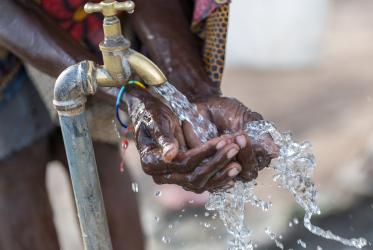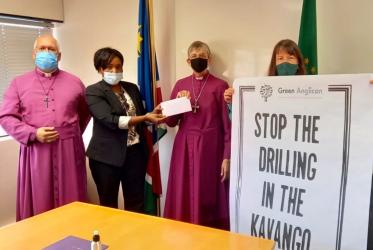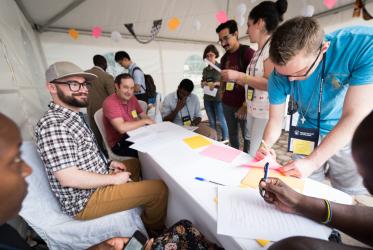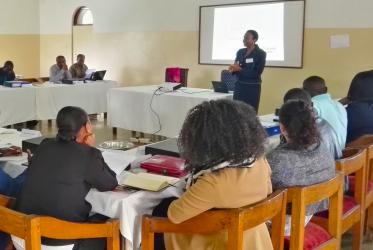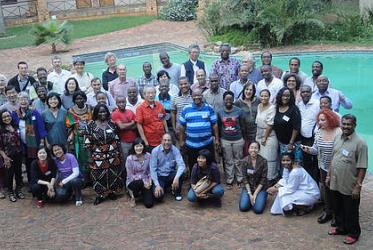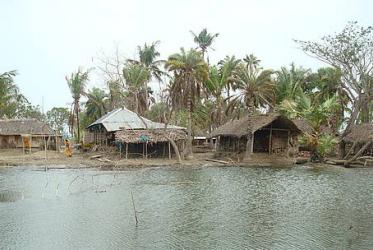24 July - 03 August 2017
At its first Eco-School on Water, Food and Climate Justice, the WCC's Ecumenical Water Network (EWN) along with its Ecumenical Advocacy Alliance will bring together about 20 young people from the Africa region. Over a period of 10 days, in an ecumenical setting, participants will have the opportunity to study the local, regional, and international manifestations and causes of the water crisis and food security affected by climate change. They will examine the situation and challenges from a perspective of faith and ethics, and search together for possible ecumenical responses to these challenges.
Lilongwe, Malawi
